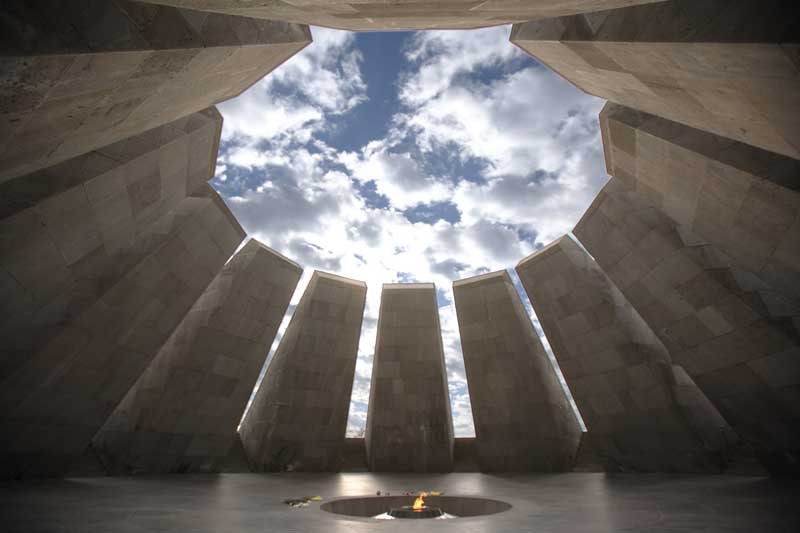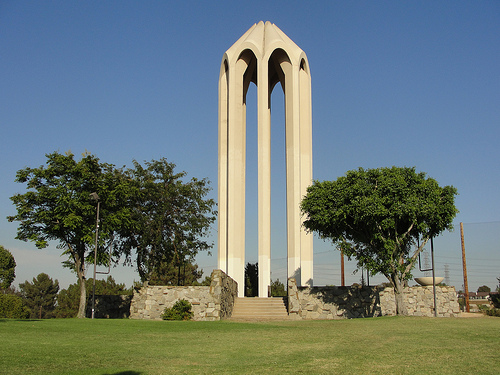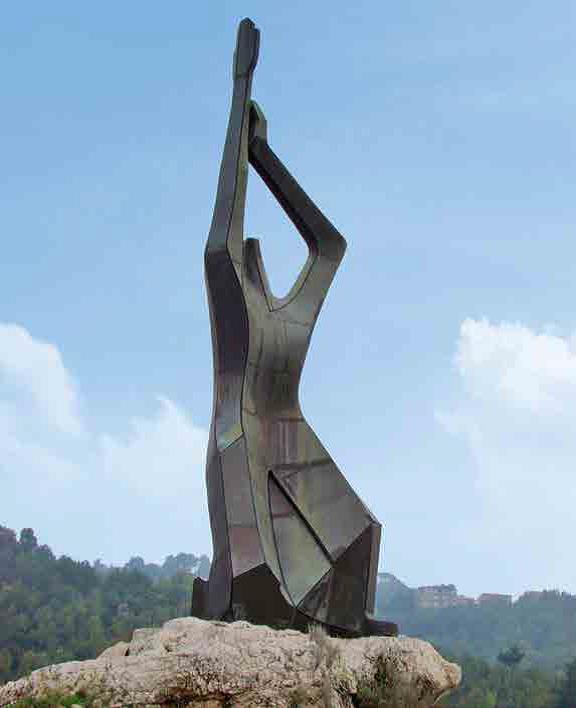Remembering VS Forgetting
Remembering and forgetting are both equally necessary parts of memory culture. Even though the focus often lies in remembering every detail of our collective past, there are also negative aspects in remembering everything or trying to push the memory of certain events to the forefront. When the focus lies in remembering, specific groups of people are mostly “competing for the recognition of suffering”. Often the memory of details that lie in the past can harm the present in one way or another. In the digital age that we currently live in, where everything can be very well documented, certain fragments of memory are difficult to overcome (Misztal 2010, p. 33). We stay focused on the events of the past and cannot fully let ourselves think about the future. This also has a lot to do with our idea of justice and injustice: “To accomplish political and legal equality, through contract or covenant, the individual has to forget past injustices and social categories that were the marks of inequality” (Wolin quoted in Misztal 2010, p. 33). So in order to feel equal it can be helpful to avoid putting the focus on past injustices.
Nonetheless, remembering also has benefits for the society that need to be recognized. It is proven that if certain trauma is not addressed adequately, this trauma can turn intergenerational, passed on from one generation to the other (Minow quoted in Hovhannisyan 2010, p.12). According to this idea, similar to a form of personal trauma, historic trauma can also lead to issues that we have to deal with in the present. After all, certain events that took place in the history of humankind are not nonrecurring. Like formerly stated, often times if we refrain from learning from the past or even forget about it completely, there is a high chance of history repeating itself (Misztal 2010, p. 37). Other than that, the present society owes a form of respect or gratitude towards people who were victims of injustices. According to Forsberg, by “remembering past injustices (…) we (…) give dignity to those who were not granted it in their time” (Forsberg quoted in Hovhannisyan 2010, p. 12).
However, taking all of this into consideration, the question should not be whether we should remember or whether we should not. The real question is how we should remember. In this regard ,there are two different theories in the scholarly world that influence the way we analyze memory culture. On the one hand, there is the idea of presentism which generally means that our present social structures influence how or what we remember from the past (Hovhannisyan 2010, p. 13). When we relate this to the Armenian Genocide, we can say that the memory is a part of Armenian reality and the social structures apparent in the Armenian community today do not let the past be forgotten. Even though the generation directly after the genocide first tried to forget the trauma they suffered, since they did not want to pass it on to their children, the reality of today is that this trauma is more apparent than ever (Hovhannisyan 2010, p. 14). Another important aspect associated with the idea of presentism is that the environment has a very particular effect on the remembrance. Applying that to the Armenian community, there are different perspectives on the shared memory depending on the diaspora. Armenians from different diasporas have different upbringings and thus different ways of remembering
On the other hand, we have the theory of pastism according to which the past shapes the identities of today, rather than the other way around (Hovhannisyan 2010, p. 15). For instance, the factors linked to the genocide influence the values of Armenians today to a great deal (Hovhannisyan 2010, p. 15). Without the genocide there would not have been as big of an Armenian diaspora as it exists today. The past influences the present to a great deal but according to Misztal “what we remember and what we do not remember can tell us a lot about the structures and ideas of today’s society (Misztal 2010, p. 35). Consequently, the decision on what aspect of the past was decided to be actually worth remembering can give us an insight on the present society structure.




